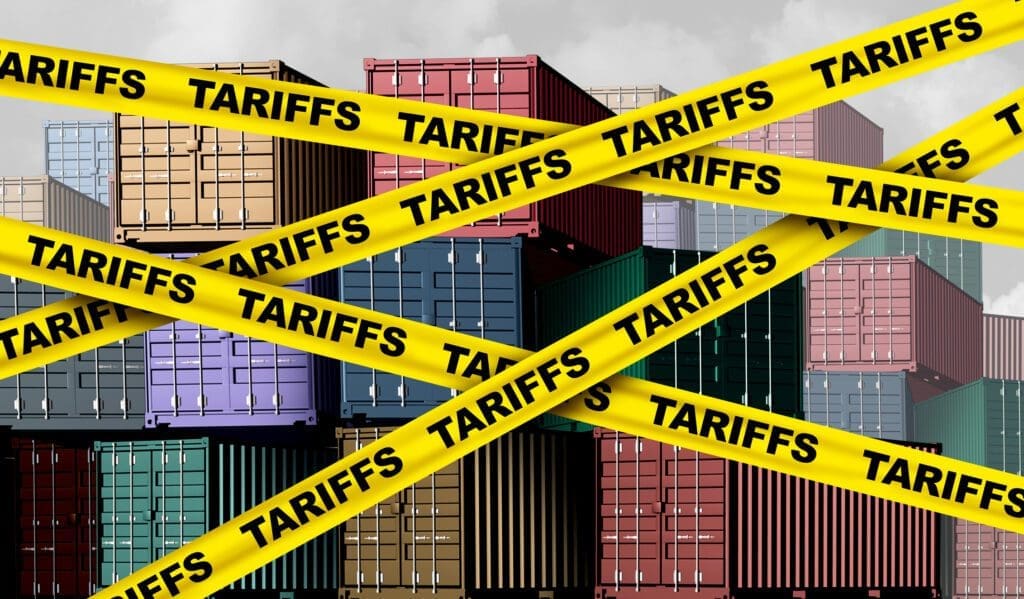 Last week, President Trump did what he does best—he created a storm. He now has under his belt two of the fastest market swoons most of us have ever seen. Unlike the COVID-induced crash, this one was self-inflicted—and in my opinion could have been avoided.
Last week, President Trump did what he does best—he created a storm. He now has under his belt two of the fastest market swoons most of us have ever seen. Unlike the COVID-induced crash, this one was self-inflicted—and in my opinion could have been avoided.
While there are rational reasons to renegotiate trade agreements with other nations, Trump seemed to take a page from his beloved WWE and chose confrontation over diplomacy. The tariffs he levied lacked clear rationale and were far larger than what was expected. The market quickly voiced its dissatisfaction and confusion, while the rest of us were left with questions.
Perhaps this is the Art of the Deal in action—and maybe it will work. It remains to be seen whether Trump can deliver better global trade deals that are worth the short-term—and potentially long-term—damage. Much like a stroke deprives the brain of oxygen and causes harm, the global economy needs stability and a return to “normal” soon, or we could be staring down a recession that won’t be easily reversed.
That said, there is potential upside. It’s possible to craft more beneficial trade deals, retain some tariffs that function as a consumption tax, and simultaneously boost investment and savings through tax cuts. This could stimulate business investment, leading to job growth. It also encourages more thoughtful spending and less reliance on bad debt to finance consumption.
Most of the time, the market performs far better than we fear. When you look at past periods of extreme fear and sharp market declines like this one, the data shows markets are usually higher a year later—often significantly so.
One exercise we like to walk clients through during times like this is simple: Imagine putting all your money into the S&P 500 at the very top of the market in 2007, right before the 2008 financial crisis. If you held that investment, over the next 10+ years it would have outperformed cash, Treasury bills, bonds, gold, oil, and home prices. Yes, it took about 4–5 years to beat cash, and a couple more to surpass gold and bonds—but in the years that followed, it left them all behind.
Volatility is the price we pay for the potential of our investment dollars growing far beyond what CDs or other safe assets can offer. Times like these are what make that truth hard to stick to in practice, even if it’s easy to understand in theory. I can confidently say that no one who stayed invested in the overall market over the past 20 years regrets not selling everything during the financial crisis, the European debt crisis, or COVID—and staying with cash.
That’s not to say the market can’t or won’t go lower in the coming days or months—it absolutely could. But over the long run, the evidence strongly supports staying the course through tough times, because eventually, they pass.
(Past performance is no guarantee of future results. The advice is general in nature and not intended for specific situations)
